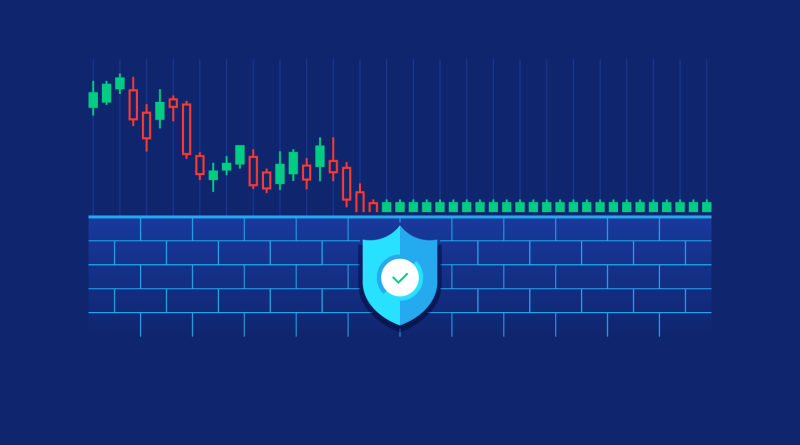A Recession-Proof Business: Three Essentials
“It’s the economy.” Are you putting up with a drop in revenues because of the economic downturn? In fact, a worldwide financial crisis does not have to send your own business into a discouraging spiral. Smart business owners and managers minimize the damage from a business slowdown with three crucial strategies.
1. Diversify. Beware of depending too much on one, two or three clients. Never allow your prosperity to get tied too closely to the fortunes of a very few others – no matter how stable and healthy these organizations seem. If they suddenly hit the skids or if they just get sold and their leadership or direction changes, you could be in deep trouble. Protect yourself by keeping at least four active clients at all times.
The same goes for your product line and promotions, where an overly narrow focus also puts you at risk. Some years ago, I had a financial planning expert whose whole marketing funnel depended on beating the estate tax. When Congress suddenly changed the estate tax, he had to recreate his business.
If you sell services, you can hedge your bets for a bad economy by developing information products, which offer a low-risk, low-commitment way for new customers to get to know, then trust your company. If you sell expensive products, you can hedge your bets by offering services as well, such as consulting and seminars, so interested prospects can get value from your firm in more than one way.
2. Stay in touch. Don’t let your customer database lapse or go out of date! (Some businesses just toss paperwork into a shoebox.) Former clients may not need your services right now, but don’t let them forget about you. Send something meaningful and relevant to previous customers twice a year. Postcards are perfect for this – they have just enough space for a tip, a tool or an inspirational case study. Keep in mind that it costs five times as much to obtain a new customer as it does to sell more to an existing one.
3. Never shut down the marketing pipeline. Create regular marketing activities that reach out to new customers and keep these going, regardless of whether you’re so busy you can’t stand it or waiting for the phone to ring. That way, you’ll never have to try to get traction from a dead stop.
According to a study by the American Business Press, in past recessions companies that maintained their advertising had increased their sales four times more two years later than companies that had cut their advertising because of the economic downturn.
I once asked a client of mine who closed down her business to retire how long it took after she halted all of her marketing before the calls stopped. Six months, she said. Too often I’ve seen business owners become complacent about how well word of mouth was working for them. One day they’d wake up and realize referrals had dried up, and they’d have to begin creating a marketing pipeline, which might not start yielding new clients for months. In both good times and bad, you must therefore market to keep sales humming.




